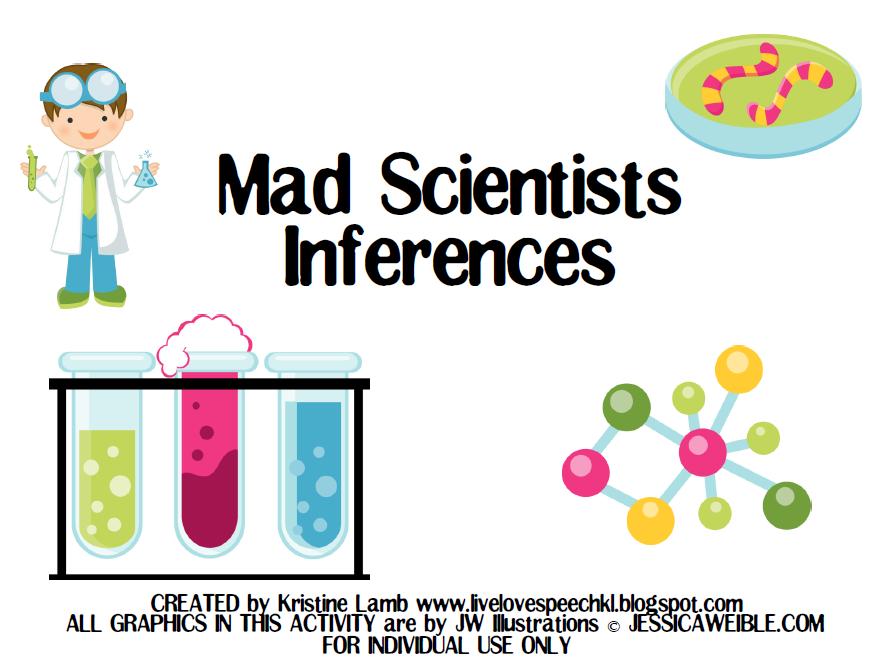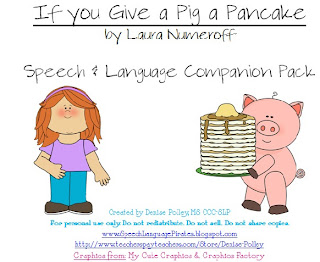 Critical thinking are a set of skills children need to make good independent decisions. Critical thinking abilities involve children analyzing, synthesizing and evaluating information in order to recognize patterns, distinguish right from wrong, offer opinions, anticipate reactions to their actions, compare scenarios to choose favorable outcomes, as well as consider a variety of solutions to the same problem.
Critical thinking are a set of skills children need to make good independent decisions. Critical thinking abilities involve children analyzing, synthesizing and evaluating information in order to recognize patterns, distinguish right from wrong, offer opinions, anticipate reactions to their actions, compare scenarios to choose favorable outcomes, as well as consider a variety of solutions to the same problem.
Even for typically developing children critical thinking can at times be a bit of a challenge and needs to be nurtured and encouraged through a variety of ways. However, for language impaired children, critical thinking skills hierarchy needs to be explicitly addressed in therapy sessions in order to improve these children’s independent decision-making abilities.
Teaching critical thinking skills to language impaired students is no easy feat especially considering the “seriousness” of the subject matter. One fun way I like to address critical thinking skills is through picture books utilizing the framework outlined in Bloom’s Taxonomy: Cognitive Domain which encompasses the following categories: knowledge, comprehension, application, analysis, synthesis, and evaluation.
Prior to story reading ask the children to flip through the pictures and ask them questions regarding what the story might be about and what could be some potential story problems based on provided pictures.
During story reading actively question the child to ensure that they are not just passive story listeners (e.g., “Why do you think…?). Begin with basic story recall of characters, events, and outcomes (knowledge). Here asking simple -wh- questions will do the trick. Then move on to checking on what the child has done with the knowledge by asking him/her to identify main ideas of the stories as well as associate, compare, contrast and classify information (comprehension).
As you are reading the story as students to compare and contrast different characters as well as different story situations. Children can also critically compare different (satirical) story versions of popular tales like Cinderella, Little Red Riding Hood, Jack and the Beanstalk, etc.
Involve children in active story discussion and analysis by asking questions the answers to which are not directly found in the story (e.g., Who else do you know who also…?; Why do you think the ___did that?) Ask the student to identify each characters motives. When looking at a particular problem in the story ask the student how they would solve a similar real-life problem (application).
Have them weigh in pros and cons of the characters choices. Make a ridiculous statement about a story or character and have the students argue with you and explain constructively why they disagree with it. It will teach them how to find weaknesses in someone else’s reasoning. Ask the children to synthesize the presented story by generalizing it to relate to another story or an episode from their daily life.
Consider covering up story ending to have the students create their own creative alternate story conclusions. Do a shared story reading in group therapy sessions and then have a debate (e.g, Who is your favorite character and why?) in which each child has to provide appropriate rationale in order to successfully defend their point of view.
Teaching children critical thinking skills is an integral part of therapy since children need to use their language skills effectively in order to make informed decisions and function appropriately in social and academic settings.
Looking for suggestions on the hierarchy of addressing analogical problem skills then grab this one page FREEBIE I created entitled “Teaching Hierarchy of Problem Solving Skills to Children with Learning Disabilities” from my online store HERE.
So how are you teaching critical thinking skills in therapy?
Helpful Resources:
 It’s DAY 24th of my Birthday Month Giveaways and I am raffling off a giveaway by Kristine of Live Love Speech, called Mad Scientists Inferences.
It’s DAY 24th of my Birthday Month Giveaways and I am raffling off a giveaway by Kristine of Live Love Speech, called Mad Scientists Inferences.  Critical thinking are a set of skills children need to make good independent decisions. Critical thinking abilities involve children analyzing, synthesizing and evaluating information in order to recognize patterns, distinguish right from wrong, offer opinions, anticipate reactions to their actions, compare scenarios to choose favorable outcomes, as well as consider a variety of solutions to the same problem.
Critical thinking are a set of skills children need to make good independent decisions. Critical thinking abilities involve children analyzing, synthesizing and evaluating information in order to recognize patterns, distinguish right from wrong, offer opinions, anticipate reactions to their actions, compare scenarios to choose favorable outcomes, as well as consider a variety of solutions to the same problem.





 Today I am very excited to introduce to you my brand new product which has been long in the making. “Speech Language Assessment of Older Internationally Adopted Children”. In the past I have written a number of articles and blog posts as well as done a number of presentations on related topics. I finally decided that it’s a great time to put it all together and created this 65 slide presentation which succinctly explains how to assess speech language abilities of older Internationally Adopted (IA) Children.
Today I am very excited to introduce to you my brand new product which has been long in the making. “Speech Language Assessment of Older Internationally Adopted Children”. In the past I have written a number of articles and blog posts as well as done a number of presentations on related topics. I finally decided that it’s a great time to put it all together and created this 65 slide presentation which succinctly explains how to assess speech language abilities of older Internationally Adopted (IA) Children. Is there anything more fun then literature based speech language intervention?
Is there anything more fun then literature based speech language intervention? Today I am excited to review one of the latest products from Busy Bee Speech “Common Core Standards-Based RtI Packet for Language“.
Today I am excited to review one of the latest products from Busy Bee Speech “Common Core Standards-Based RtI Packet for Language“.